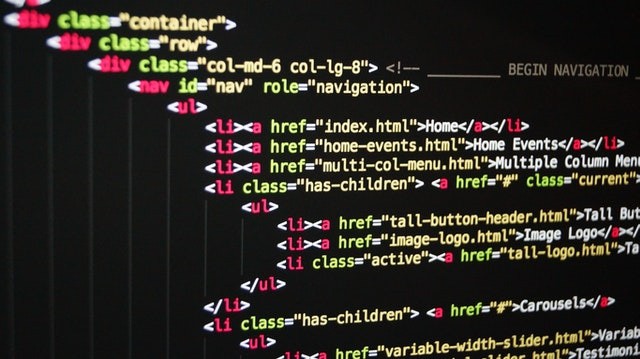AlphaCode, an artificial intelligence system has been created by DeepMind, which was tested against coding challenges used in human competitions.
As specified in a The Verge report, the Alphabet subsidiary has developed the said system that it's saying, "writes computer programs" at a competitive level.
As a result of the test, DeepMind found that its program was able to achieve an approximated rank placing it within the top 54 percent of human coders.
DeepMind said the finding is a substantial step ahead for autonomous coding, even though the skills of AlphaCode are not essentially representative of that kind of programming task encountered by the average coder.
ALSO READ : Nuclear Warfare Smokes Can Block Ultraviolet Lights from the Sun, 15-Year Thinning of Ozone Layer

AlphaCode
According to principal research scientist Oriol Vinyals at DeepMind, the study was still in the early stages although the findings brought the firm closer to developing a flexible problem-solving AI, a system that can autonomously confront coding problems that are presently the domains of humans only.
The scientist also said that in the long run, they are excited by the potential of AlphaCode for helping both programmers and non-programmers write code, enhancing productivity, and developing a new method of making software.
AlphaCode was tested against problems curated by a competitive coding platform called Codeforces, which shares weekly problems and issues rankings for coders akin to the Elo rating system that's used in chess.
Such challenges are different from the type of tasks a coder might encounter while making, for instance, a commercial app.
They are more self-contained and necessitate a wider knowledge of both theoretical ideas and algorithms in computer science.
Companies Working on Similar Applications
According to DeepMind, the current skill set of AlphaCode is only presently applicable within the competitive programming domain but its abilities are opening the door to developing future mechanisms that make programming more available and one day completely automated.
Many other tech firms are working on similar applications. Microsoft and the AI lab OpenAI for instance, have adjusted the language-generating program GPT-3 of the latter to function as an autocomplete program, finishing strings of code.
Meanwhile, for the end-user, such systems work just like the Smart Compose feature of Gmail, suggesting methods to finish whatever is being written.
A lot of progress has been done developing AI coding systems recently, although such systems are far from ready to simply take over the human programmers' work.
The code they're producing is frequently buggy, and since the systems are usually trained on libraries of public code, they somewhat reproduce material that's copyrighted.
AI Coding Systems
In one research of an AI programming tool called Copilot which GitHub code respiratory, researchers discovered that around 40 percent of its finding contained security susceptibilities.
Security analysts have even proposed that bad actors could deliberately write and share code with unseen backdoors online, which then might be employed to train artificial intelligence programs that would insert such errors into future programs.
Challenges such as these mean that AI coding systems are likely to be incorporated slowly into the work of programmers, beginning as assistants whose suggestions are treated along with suspicion before they are trusted to perform work independently.
This means that they have an "apprenticeship" to perform. Although so far, such programs are learning quite fast.
Related information about DeepMind's AI surpassing human intellect is shown on AI News's YouTube video below:
RELATED ARTICLE : Robotic AI Nanny Can Take Care of a Fetus Inside an Artificial Womb
Check out more news and information on Artificial Intelligence in Science Times.











